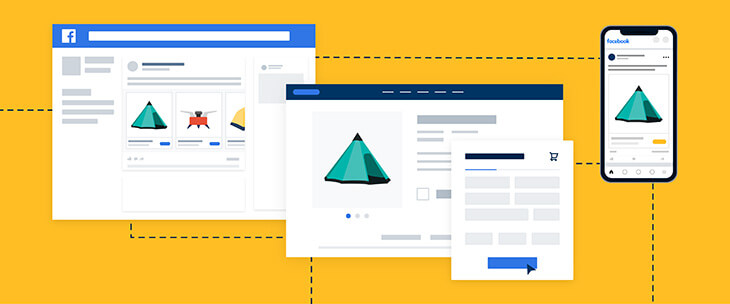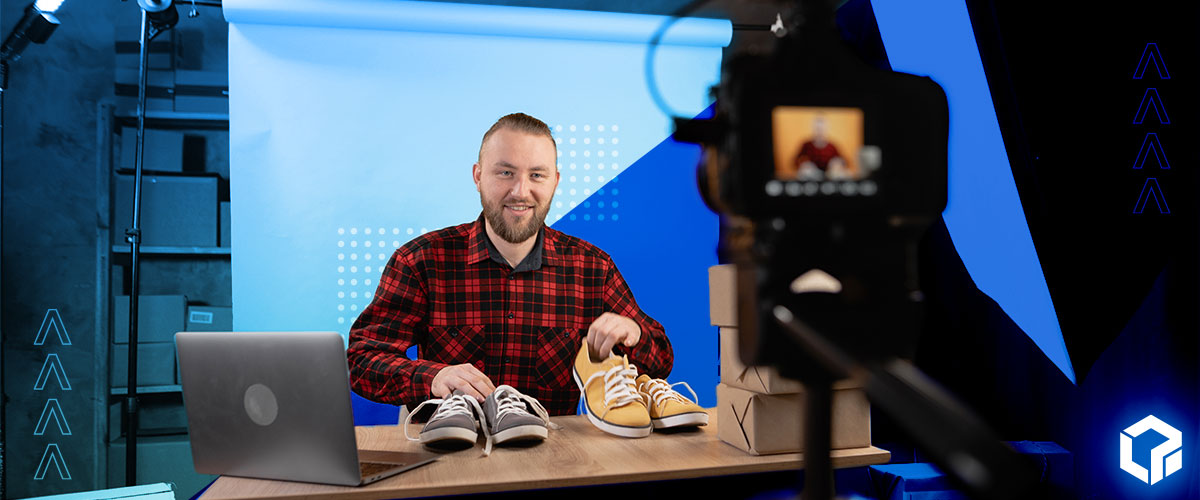Facebook is the leader in social media advertising. Their unique attribution method and dedication to locating a niche audience in one of the broadest audiences available is astounding and effective. If your business is using Facebook to advertise or is thinking about starting a campaign on the platform, it’s vital to understand Facebook attribution and how it works.
Facebook plans to keep up with the ever-changing regulations and adaptations of both governing entities and tech companies. Updates to iOS 14 threaten the way Facebook and other social media companies currently track their audiences, so Facebook is making changes to their current attribution window. Explore the changes and how they will work going forward.
Delayed Attribution: An Overview
Facebook uses the attribution method of delayed attribution to communicate its successes. Different platforms use different attribution methods. Delayed attribution means that any sale made is attributed, or the credit for the sale is given to, the first exposure rather than the last click before the purchase.
For example, imagine a person is scrolling through their Facebook newsfeed. They scroll past an advertisement for a pair of shoes. The person clicked on the ad which took them to the website. The person liked the shoes but wasn’t ready to purchase them yet. The buy-cycle takes longer for some products and some people. The person may need to research more, take inventory of their existing shoe collection, or check their finances first. Now, imagine 3 days later the same person thought about the shoes and decided they are ready to purchase. They go directly to the website of the shoe seller and make the purchase.
- With last click attribution you would only be able to see that the sale came from a direct visit to the website.
- With delayed attribution, the sale is posted on the date the person first saw the ad, 3 days before the technical purchase.
Delayed attribution tells a more complete story.
Changes in iOS 14
Companies—especially e-commerce and digital-based companies—are constantly struggling to toe the line of appropriate tracking and protecting customer privacy. Many people notice and tend to joke about how much social media companies seem to know everything about everybody by how targeted ads are.
Apple announced an update coming for iOS 14 that is designed to give consumers a bigger say in how they protect their privacy online. Once users install the update, they are prompted with a pop-up asking if they want to opt in to having their data shared with third-party sites or if they want to opt out. If they opt out, their data is not shared. They then plan to give users the choice to opt in or out of the tracking feature. Facebook and other apps will not be able to track users that opt out, as Apple will hide most of the data and block the app from seeing it. Apps will have access to some data, but it will be extremely limited—they’ll see only one action taken on the site, rather than all of them.
This is a major change and apps need to adjust to keep up.
The New Facebook Default Attribution
Facebook is making changes in preparation for the impending updates from Apple. Before this update, Facebook operated on a 28-day click, 1-day view attribution window. This means Facebook could attribute sales to ads users clicked on up to 28 days before a purchase and ads users viewed but did not click on up to 1 day before purchase.
Now, Facebook announced it will launch an adjusted 7-day click attribution window when the iOS 14 update releases. Facebook now can give credit to ads that were clicked on up to 7 days prior to the purchase date.
The Facebook attribution method is designed to look retroactively at an ad’s performance to provide a more complete picture of how the ad performed and how users are buying. Social media advertisements face a unique challenge—users on social media are actively looking to make a purchase. They use social media to see content from friends, family, and influencers they selectively follow. The ads on social media are a disruption to a curated feed, so social media advertisers must capture interest without intent. The delayed attribution window allows for more information on buy-cycles and consumer behaviors to understand what is and is not effective in social media advertisements.
Facebook’s Pixel and reporting tools are complicated to set up and monitor. With an everchanging and growing platform such as Facebook, Facebook advertising campaign management from Logical Position is a wise option. We have dedicated professionals well-versed in Facebook’s attribution and experts on the Facebook Pixel. Our campaigns come with an account manager whose priority is keeping you informed and your campaign performing. Logical Position is a Facebook Global Partner and experienced agency with the sole goal of helping your business reach its goals. Contact us today for more information and a free consultation.




